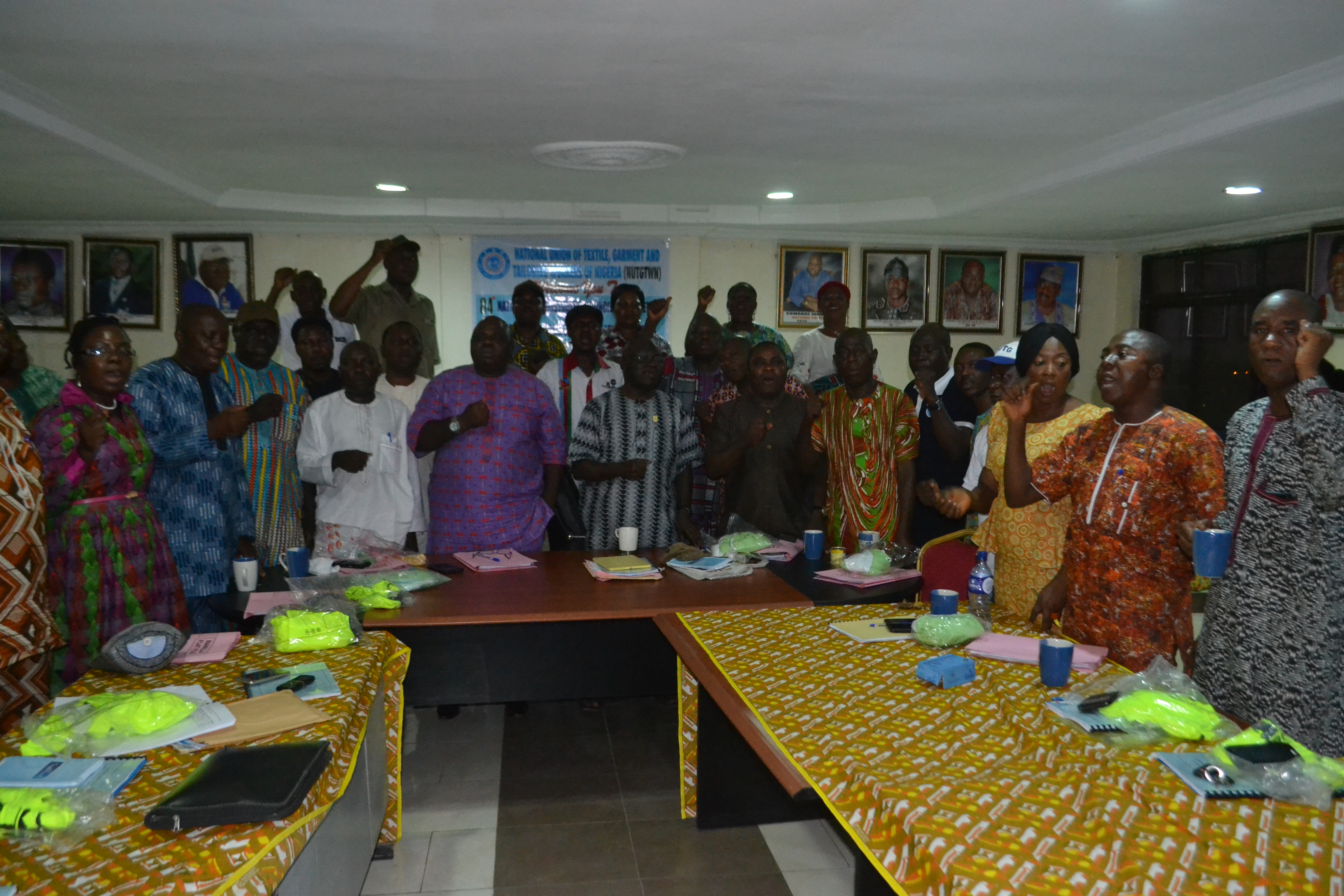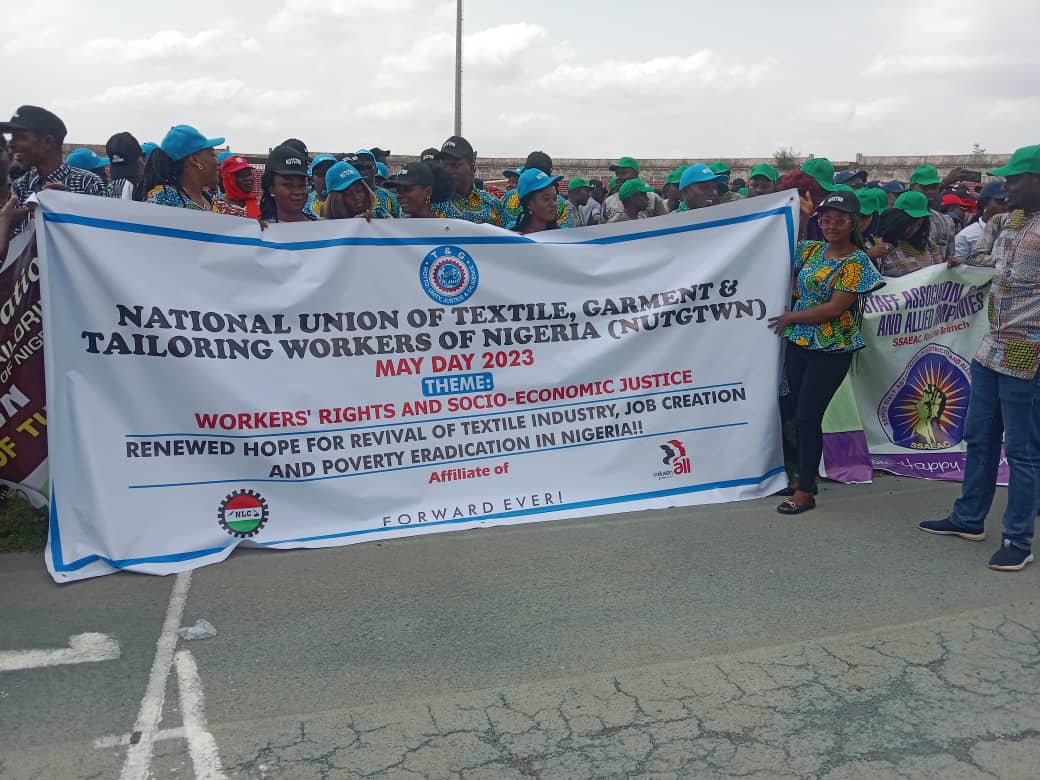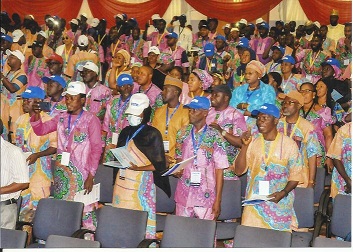
It is commendable that Central Bank of Nigeria (CBN) had finally consummated an historic $2.5 billion bilateral currency swap agreement with the Peoples Bank of China (PBoC) aimed at easing foreign exchange currency liquidity in the economy. Foreign exchange availability to fund Nigeria’s dependent economy remains a critical success factor in national development. Nigeria almost defines its exchange rate “as the price of US Dollars” – as if there are no alternatives – which in turn is dependent on the vagaries of volatile crude oil prices. No thanks to perpetual mono-economy based on extractive industry.
The collapse of crude oil prices from over $110 per barrels between 2003 and 2014 to all time low $40 per barrel drastically depleted the external reserves from $62billion in 2008 to $37billion in 2015! The dip in dollar reserves is the principal cause of the recent recession. CBN’s response through cumulative depreciations of the Naira had attendant negative implications for inflation, purchasing power and domestic capacity utilization. CBN under Godwin Emefiele managed the limited dollars inflows through creative measures that included the restriction of scarce allocation to some 41 items.
It is however much more commendable that CBN had made a bold move to think outside the dollar dependency with the recent Nigeria-China currency to facilitate transactions with China without the dollar high cost. Lest we forget; the move towards foreign reserves diversification is long dated. The decision to include the renminbi (Chinese Yuan) in Nigeria’s foreign exchange reserves was taken in 2011 by the CBN during the tenure of its former Governor, Sanusi Lamido Sanusi. The former CBN Governor announced a switch of “between 5 and 10 percent of its dollar buffers into yuan as part of plans to diversify the reserves away from the dollar”.
It is remarkable that the two countries had given effect to the deal of April 2016, during President Muhammadu Buhari’s visit to Beijing. According to the CBN spokesman, Isaac Okorafor, the agreement provides naira liquidity to Chinese businesses as well as provides RMB liquidity to their Nigerian counterparts in return to improve the speed, convenience and volume of transactions between the two countries. CBN governor, Godwin Emefiele, led the Nigerian delegation to sign the agreement on behalf of the federal government while PBoC governor, Yi Gang, led the Chinese team.
The recent move shows that there are indeed many options for nation states within the current international financial architecture. Of course the devil is in the details. Given the existing trade imbalances between Nigeria and China, will the new currency swap deal not further fuel import dependency of Nigeria? Will it promote domestic industrialization? Again against the background of the ongoing international trade war, is Nigeria doing quality control of its trade relations with China? I certainly share the optimism of Mr Okoroafor that: “With the operationalization of this agreement, it will make it easier for most Nigerian manufacturers, especially small and medium enterprises (SMEs) and cottage industries in manufacturing and export businesses to import raw materials, spare-parts and simple machinery to undertake their businesses”.
However this optimism is based on the assumption that Nigeria has aligned its monetary and trade policies with its industrial policies. There is no doubt that the CBN has done its side of the bargain by ensuring
RMB liquidity from Nigerian banks without being exposed to the difficulties of seeking “other scarce foreign currencies, which attract higher interest rate charges”. But the fiscal authorities and trade and investment ministries must now ensure that the ease of transactions promotes domestic production, (not the same criminal frivolous consumption of at time fake products from China!).
The deal must also foster employment generation as contained in the Economic Recovery and Growth Plan (ERGP). What is clear is that CBN has shown that there is certainly an alternative to the existing dollar/Euro dependency. Nigeria must simply come to terms with the simple fact that currency crises and volatile capital flows, are regular features of the existing rapacious present global financial system. Only nations that are audaciously creative could weather the regular storms of periodic crises caused by speculation. China has shown that for a developing nation to make a sustainable difference in the existing trade arrangement, there must be creative smart measures in managing critical factor of limited foreign exchange just as CBN has done.
For as long as there has been little progress made by developing countries on the demand for greater stability of the exchange rates of the three major currencies (US, Japan, Europe), developing countries must take advantage of domestic policy space to initiate measures such as Nigeria- China currency swap.









